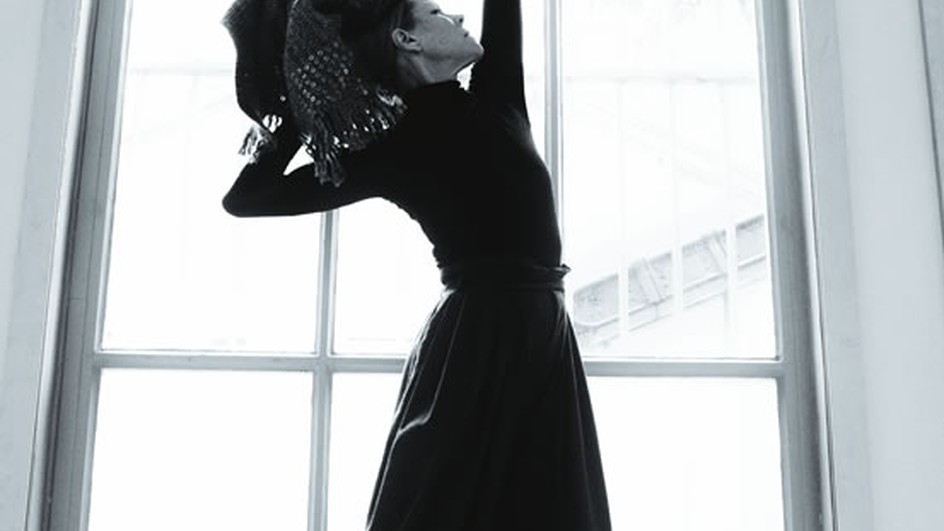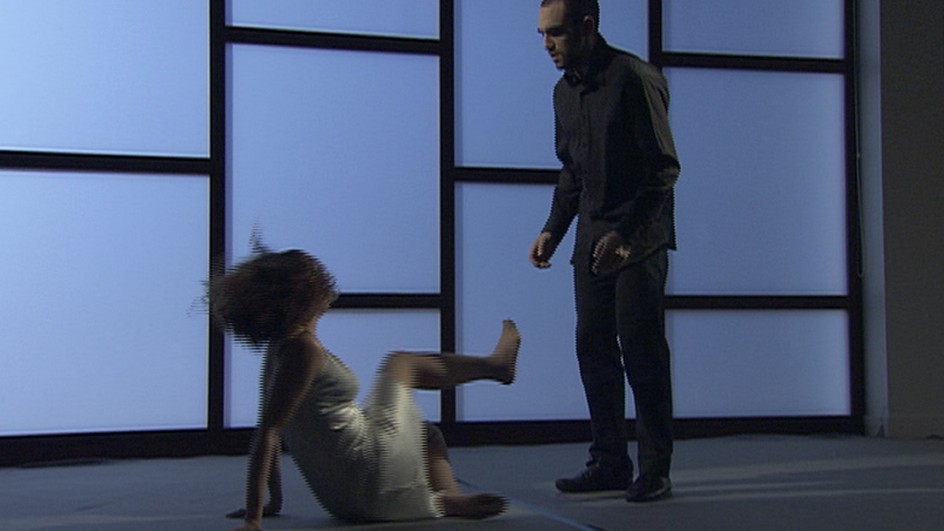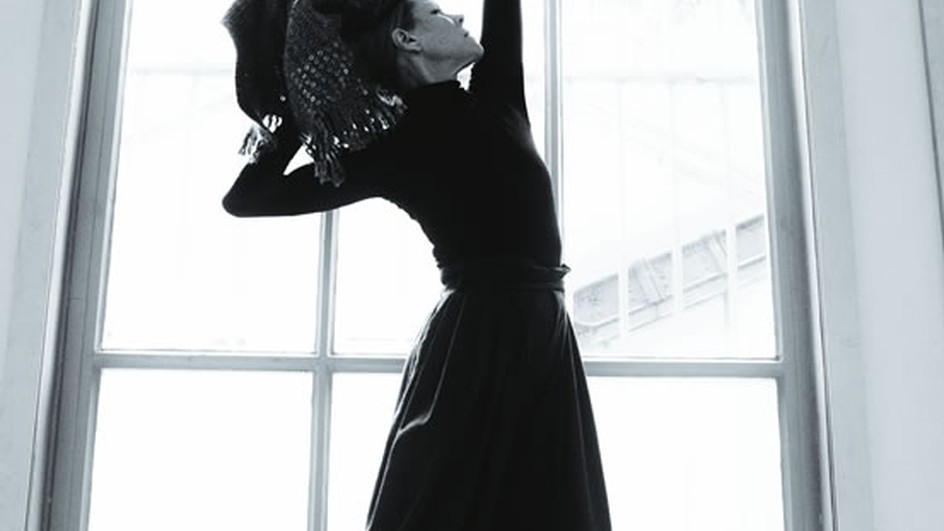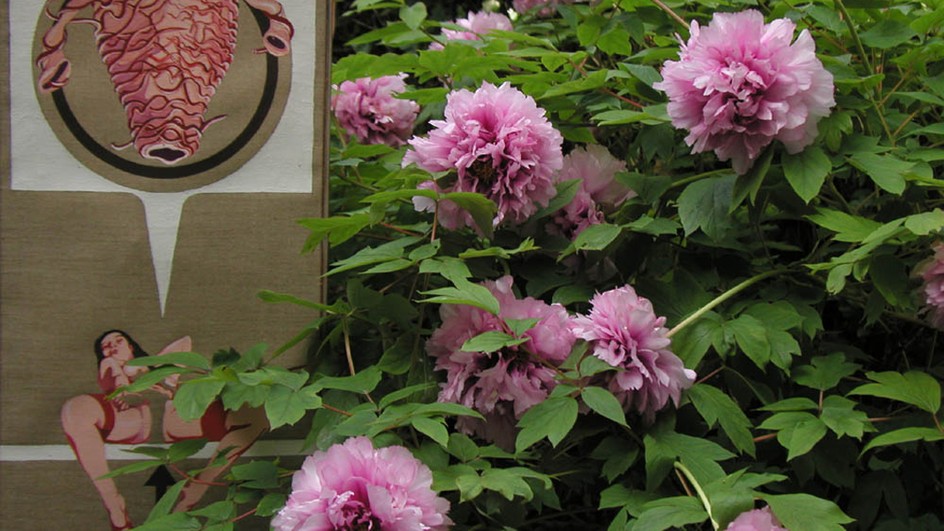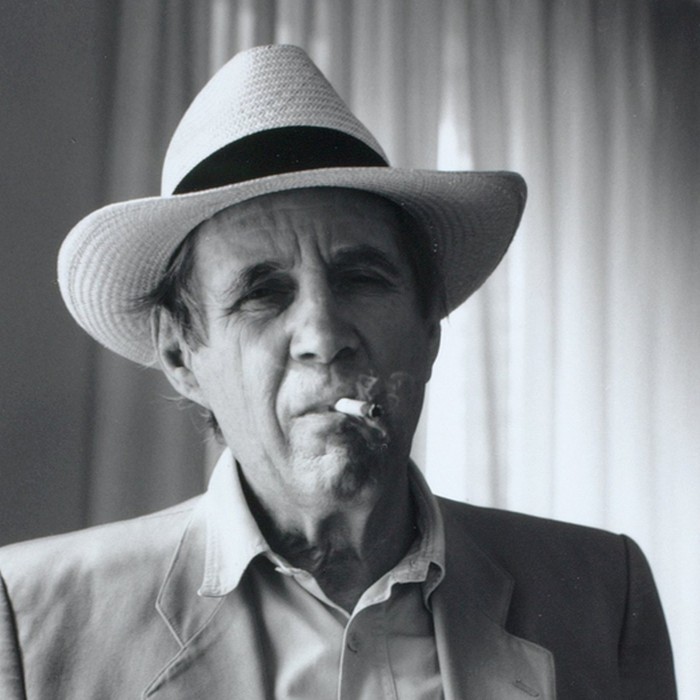
Artiste-professeur invité
2007 - 2008 / 2004 - 2005
André S. Labarthe
Born in 1931 in Oloron-Sainte-Marie (France)
Critic at *Cahiers du cinéma (when the "Cahiers jaunes"), with Janine Bazin he set up the series Cinéastes de notre temps which, from 1964 to today, has been exploring the oeuvre of the greatest filmmakers (Ford, Cassavetes, Scorcese, Hitchcock, Walsh, Godard, Georges Franju, Welles, Moretti, Cronenberg, Melville...). *From 1982 to 1991, he collaborated on the program Cinéma Cinémas and has made numerous films about dance (Carolyn Carlson, Patrick Dupont, Sylvie Guillem...), painting (Kandinsky, Rauschenberg, Tapiès...) and literature (Bruno Schulz, Georges Bataille, Philippe Sollers, Artaud...).
The pleasures of shooting
Filmmakers are a serious lot. They are aware that all the tricks of their trade only make sense if the effect produced is successful, and all things considered they know that the cinema relies on what one might call a science of effects.
In this, though they are like cooks. Or gardeners. When Le Nôtre (the gardener) designed the arbors of Versailles at the end of the 18^th^ century, when Le Nôtre (the pâtissier) concocted the recipe for his famous Feuille d'automne (with meringue, vanilla, and chocolate mousse), or when Hitchcock (the scriptwriter, not the gastronome) prepares, calculates, and hones the ideas underpinning The Birds, it's clear they all have just one thing in mind: that those for whom they intended their works should experience pleasure. Indeed it has become a commonplace to state that, in The Birds, Hitchcock films neither Tippi Hedren, nor Rod Taylor, but the viewer.
In consequence, it hardly matters the extent to which the filmmaker had to rack his brains to get his movie up and running. And if he enjoyed fitting all the effects together, that doesn't matter either. On reading Flaubert's Madame Bovary, no*-*one wants to sense how much he sweated over it. Nor feel in Sentimental Education all the struggles he had to get it to work. Among us Westerners, work and the pleasure of work do not enjoy much of a reputation. In fact, art was long judged by how far the artist managed to cover up all marks of toil. And there are good reasons for this: the pleasure we derive from a movie by Hitchcock or Bresson in no way an echo or an extension of whatever the filmmaker gained from working on it. They differ in nature.
All the same, filmmakers can have fun, and, more oddly still, the pleasure they experience can filter down to us. Indeed, perhaps the most worthwhile message of Renoir, Rouch, Ford, and Rivette is how they make share in their pleasure (...)
One has to have seen Cassavetes explain how he filmed Faces, shot and edited entirely in his house on Woodrow Wilson Drive in Hollywood, to understand that pleasure alone -- a tough kind of pleasure, with its share of anguish and doubt -- can account for the extraordinary energy, the insatiable appetite for life that courses through even his most tormented movies.
There is finally another kind of pleasure which few filmmakers are prepared to quite relinquish and which stems at the same time from the fairground origins of cinema and from its roots in the mechanical. It's the pleasure of turning the crank, which modern movie cameras long ago relegated to the broom cupboard, but which filmmakers can still mimic in the editing suite by making that little steam train that arrived one day in 1895 at Le Ciotat station travel back and forth on a Moritone flatbed.
An innocent but deathless pleasure that has something of the far-off delights of childhood, when as babies we were so enchanted by those strange birds that flew just above our heads and which little by little we discovered were our hands.
ASL.
